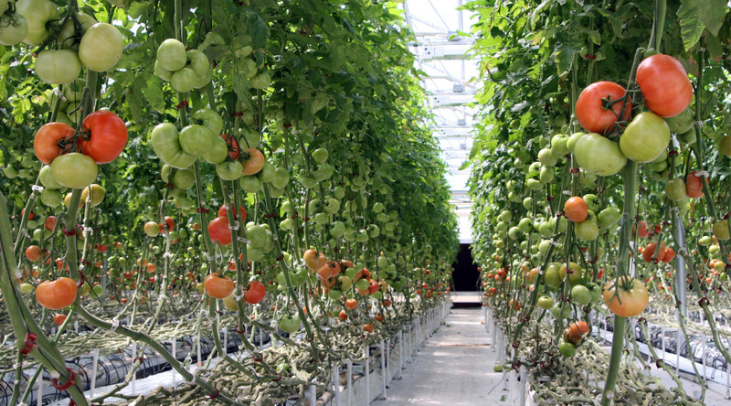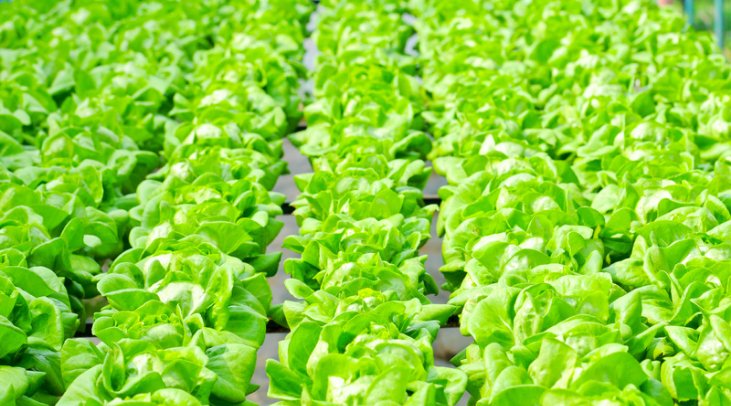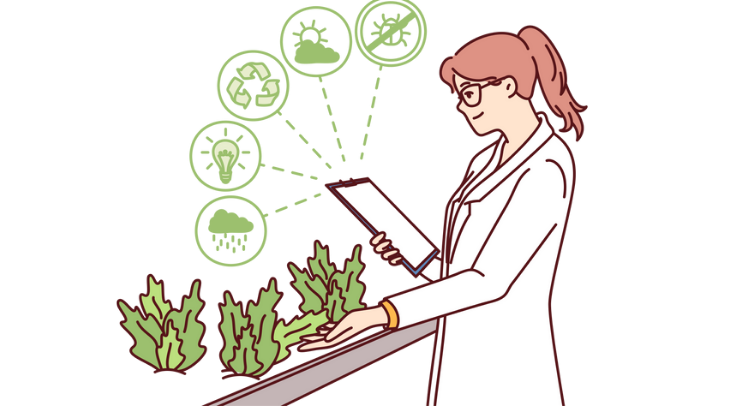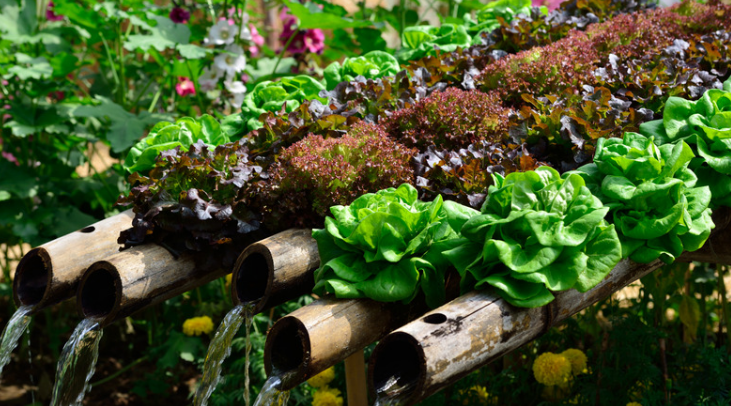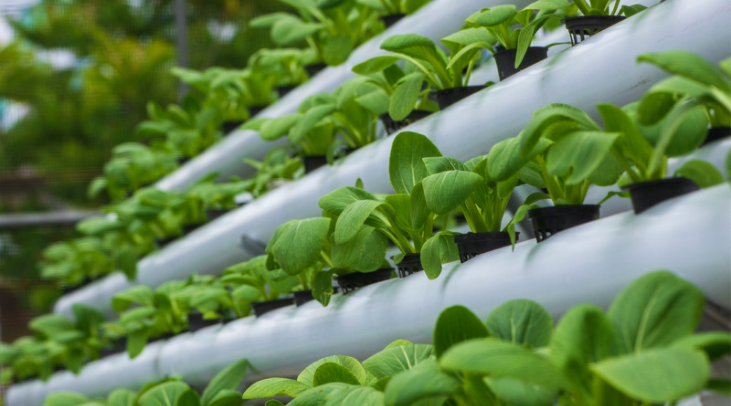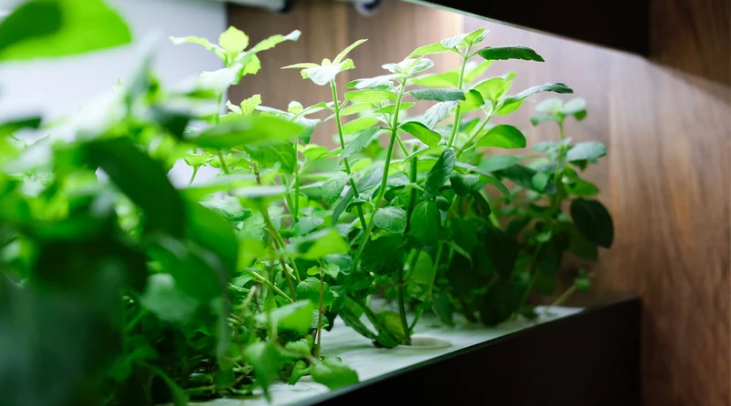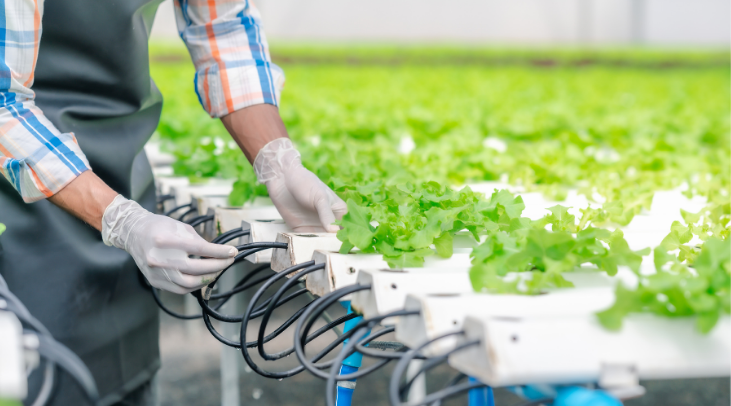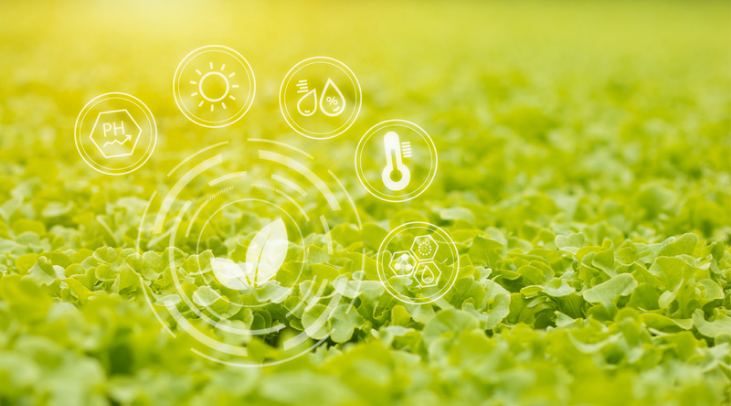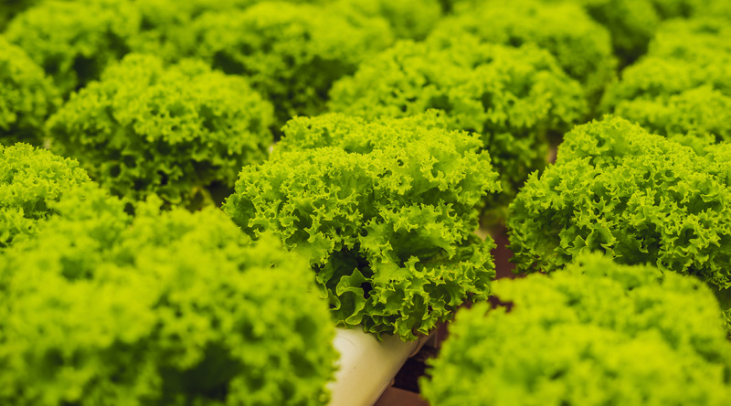Is Organic Hydroponics Feasible? Investigating the Combination of Two Cultivation Methods
Hydroponics has transformed our perspective on farming. By enabling plant growth without soil, this method enhances control over environmental conditions, promotes resource efficiency, and allows for year-round produce. However, organic farming, which prioritizes sustainability and natural inputs, typically depends on soil. This raises the question: can hydroponics and organic farming coexist? Is “organic hydroponics” a viable concept? Understanding Hydroponics Hydroponics refers to growing plants in nutrient-rich water solutions instead of soil. The plant roots are immersed in a solution that provides vital nutrients, leading to faster and more efficient growth. This system is often utilized in controlled settings like greenhouses or indoor farms, making it suitable for urban agriculture or areas with poor soil. Defining Organic Farming Organic farming is an agricultural practice that avoids artificial chemicals, such as pesticides, fertilizers, and herbicides. It highlights the significance of soil health, biodiversity, and natural methods. Farms that comply with stringent standards set by organizations like the USDA or the European Union can earn organic certification.At the core of organic farming is soil—a complex ecosystem that supports plant growth and natural processes. This prompts the question: can a soil-less method like hydroponics be considered organic? Obstacles to Organic Hydroponics Despite the numerous benefits of hydroponics, several factors challenge its alignment with traditional organic farming values: 1. Absence of Soil: Organic farming prioritizes soil health. The lack of soil in hydroponics brings up the issue of whether plant health and nutrient cycling can still be maintained. Critics argue that organic farming must be grounded in soil for it to meet its ecological objectives, rendering hydroponics at odds with organic principles. 2. Use of Synthetic Nutrients: Hydroponic systems often employ liquid nutrients that may be synthetic or mineral-based, conflicting with organic farming’s commitment to natural fertilizers. To qualify as organic, a hydroponic system would need to utilize certified organic nutrients from non-synthetic origins, which can be difficult to procure. 3. Certification Challenges: In many regions, organic status is closely linked to soil presence. The existing rules governing organic certification might prevent hydroponic growers from labeling their products as organic, even if they adopt natural nutrient delivery and pest control methods. Can Organic Hydroponics Be Achieved? Yes, but with certain considerations. 1.Incorporating Organic Nutrients: To make hydroponics more “organic,” growers can use fertilizers and nutrient solutions derived from natural sources, such as compost teas, fish emulsions, or seaweed extracts. However, obtaining organic certification for these inputs in hydroponic setups can be challenging, as standards differ across regions and may not fully encompass hydroponic practices. 2. Natural Pest Management: Organic hydroponic operations can implement biological pest control methods, such as beneficial insects or companion plants, to manage pests without synthetic pesticides, aligning with organic values. 3. Sustainable Closed-Loop Systems: Some hydroponic systems utilize a closed-loop approach where water and nutrients are recycled, reducing waste and promoting environmental sustainability. This method mirrors organic farming’s aim of minimizing ecological impact, especially when paired with organic waste materials like compost or manure-based fertilizers. The Emergence of “Certified Organic Hydroponics” An increasing number of hydroponic farmers are adopting organic practices and materials. Some organizations are working to establish standards for “certified organic hydroponics,” recognizing the sustainability and environmental friendliness of this method, even without soil. These initiatives hope to bridge the gap between traditional organic farming and hydroponic systems.For example, the **Organic Hydroponic Certification (OHC)** initiative aims to create certification programs that validate the ecological and sustainable methods used in hydroponic farming. Though in its early stages, this effort could lead to broader acceptance of hydroponically grown produce as organic. Advantages of Organic Hydroponics If the challenges are addressed, combining organic agriculture with hydroponic technologies can yield significant benefits:- Although traditional organic farming and hydroponics may initially appear incompatible, the developing field of organic hydroponics demonstrates that it is possible to integrate the strengths of both methods. By emphasizing sustainable practices, natural nutrients, and eco-friendly pest management, it is feasible to develop hydroponic systems that comply with organic guidelines. As the demand for organic products rises, the future of organic hydroponics might be pivotal in providing a more sustainable and environmentally friendly food supply. Although there are substantial challenges, the concept of “organic hydroponics” represents an intriguing opportunity for the future of agriculture.Will it become a widely accepted norm? Only time and the continued efforts of innovators and certification authorities will reveal the answer.

